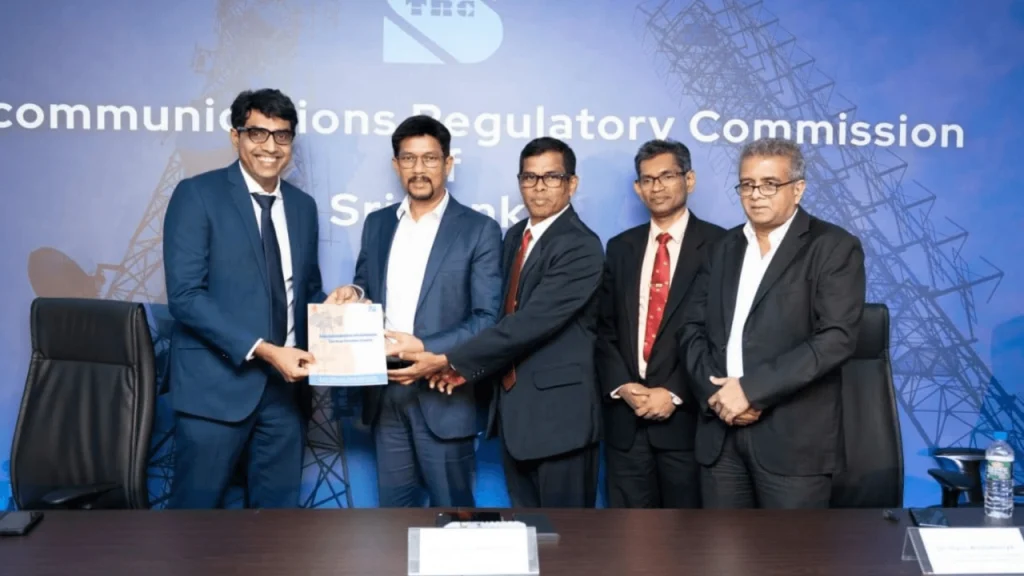- EDOTCO is the first to receive Sri Lanka’s Telecommunications Infrastructure Services Licence.
- This move is part of Sri Lanka’s effort to build a more inclusive and future-ready digital economy.
What happened: EDOTCO gets Sri Lanka’s first licence
On 3 September 2025, EDOTCO Group, a leader in Asia’s telecommunications infrastructure sector, announced that its subsidiary, EDOTCO Services Lanka (Private) Limited, had received Sri Lanka’s first-ever Telecommunications Infrastructure Services Licence. The event took place on 2 September 2025, during the opening of Digital Economy Month in Sri Lanka.
The Telecommunications Regulatory Commission of Sri Lanka (TRCSL) awarded the licence. It allows EDOTCO to offer critical infrastructure services, including towers, pole structures, fibre solutions, and indoor network systems. These services will support Sri Lanka’s growing connectivity needs.
Also read: Edotco’s expansion in Sri Lanka’s 5G-ready pole market
Also read: Macquarie secures A$450M refinancing for data centre expansion
Why it’s important
This licence marks a significant change for Sri Lanka’s telecommunications sector. It signals the government’s commitment to modernising digital infrastructure. It is also part of the country’s wider reform efforts, which include the Sri Lanka Telecommunications (Amendment) Act. This new framework now officially recognises infrastructure providers and sets the stage for faster deployment of digital services.
The new licence enables EDOTCO to help Sri Lanka meet its 5G ambitions. Data usage in the country is expected to quadruple by 2028, and the nation will need more than 7,000 additional towers. Gayan Koralage, EDOTCO Sri Lanka’s Country Managing Director, said the company is prepared to meet this challenge.
Air Vice Marshal Bandula Herath (retd.), Director General of TRCSL, said this reform would accelerate network deployment and improve infrastructure sharing. It will also ensure that underserved regions benefit from improved connectivity.
EDOTCO has already played an important role in Sri Lanka’s digital progress. It introduced smart multipurpose poles, which feature advertising panels, EV charging ports, and air-quality sensors. These innovations help make cities smarter and more sustainable.

